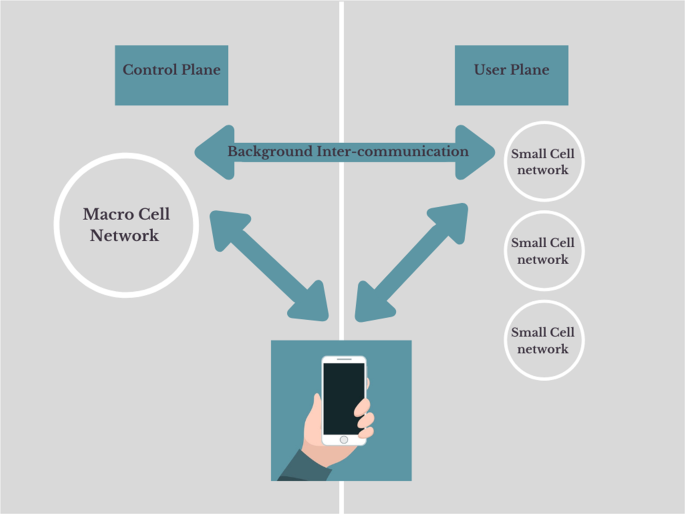The arrival of 5G technology promises to bring faster internet speeds, lower latency, and wider coverage than ever before. While these benefits will undoubtedly transform the telecommunications industry, the impact of 5G will extend far beyond that. Here are just a few of the industries that will be impacted by 5G:
Healthcare: In the healthcare industry, 5G will enable a range of new applications and services, such as remote patient monitoring, telemedicine, and even remote surgery. With its low latency and high bandwidth, 5G will make it possible for doctors to perform surgeries and procedures from remote locations, improving access to care for patients in underserved areas.
Transportation: The transportation industry is already being transformed by connected and autonomous vehicles, and 5G will accelerate this transformation. With its low latency and high bandwidth, 5G will enable vehicles to communicate with each other and with infrastructure in real-time, improving safety, reducing congestion, and increasing efficiency.
Manufacturing: In the manufacturing industry, 5G will enable the development of smart factories, where machines and equipment are connected to each other and to the internet. With real-time data and analytics, manufacturers will be able to optimize their operations, reduce downtime, and improve quality control.
Retail: In the retail industry, 5G will enable new levels of personalization and interactivity. With its low latency and high bandwidth, 5G will enable retailers to create immersive shopping experiences, such as augmented reality product displays and virtual try-on technology.
Entertainment: In the entertainment industry, 5G will enable new forms of content delivery, such as virtual and augmented reality experiences. With its low latency and high bandwidth, 5G will enable immersive, high-quality experiences that were previously impossible or impractical.
These are just a few examples of the industries that will be impacted by 5G. The benefits of 5G, such as faster speeds, lower latency, and wider coverage, will enable new technologies and applications that were previously impossible or impractical. This will create new opportunities for businesses to innovate and compete in an increasingly connected world.
However, the adoption of 5G will not be without its challenges. Businesses will need to invest in new infrastructure and equipment to take advantage of 5G, and they will need to ensure that their networks are secure and reliable. In addition, there may be regulatory and policy challenges to overcome, particularly in industries such as healthcare and transportation, where safety and privacy are paramount.
In conclusion, the impact of 5G will extend far beyond the telecommunications industry. From healthcare to transportation, retail to entertainment, businesses in every industry will need to start preparing for the future of connectivity. By investing in new infrastructure, ensuring network security and reliability, and staying ahead of regulatory and policy challenges, businesses can take advantage of the opportunities that 5G will bring and stay ahead of the competition.






